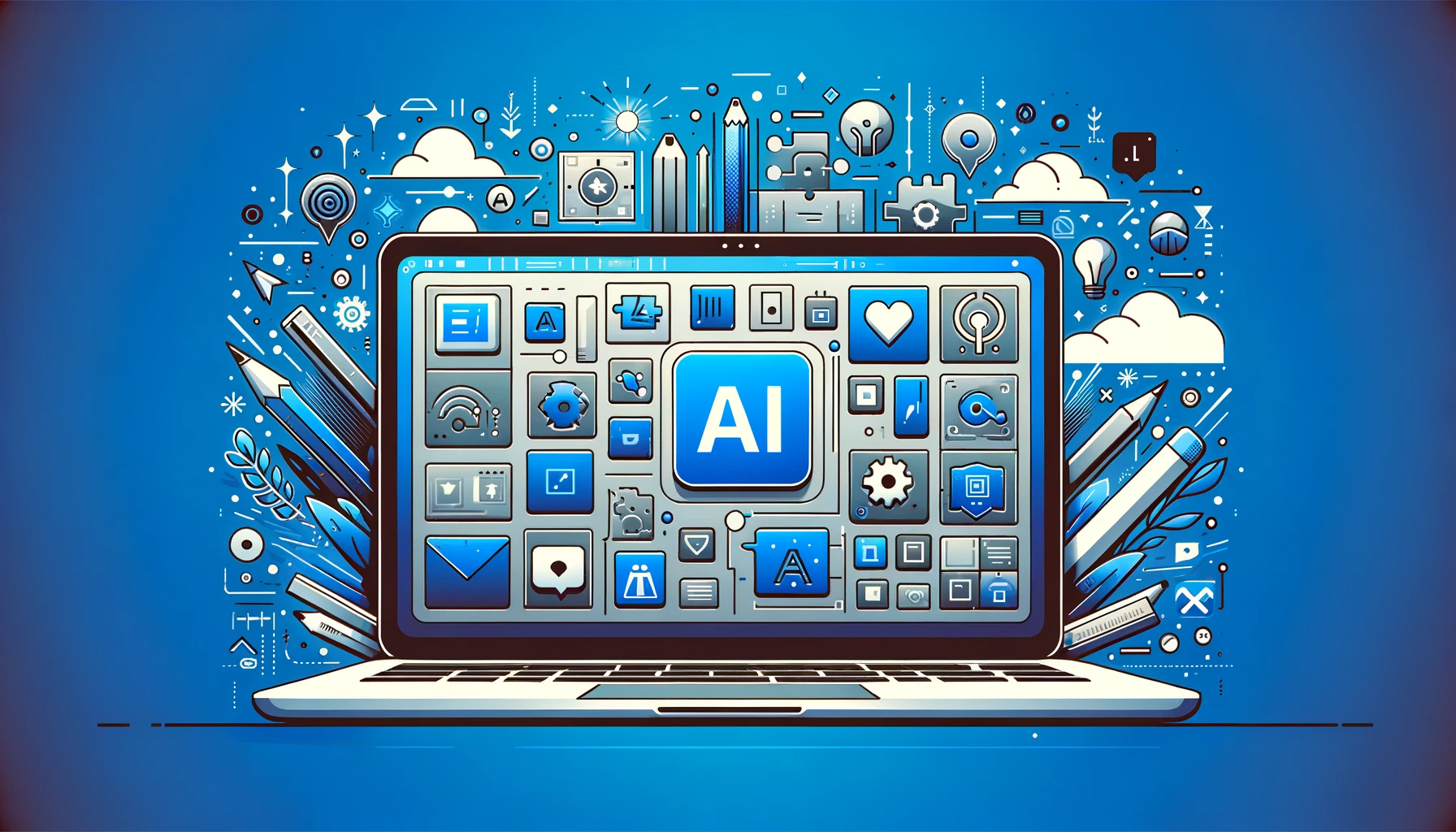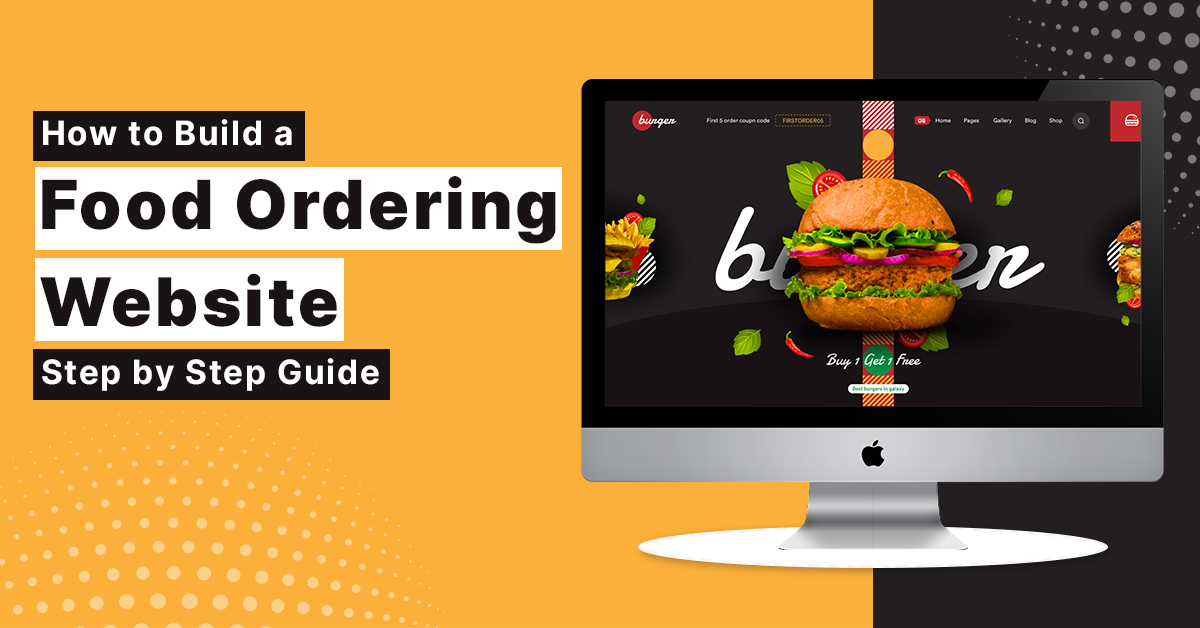
How XML TO JSON Converter Can Save Your Time?
In the opinion of some critics, XML contains too much markup, making it difficult to read and adding unnecessary weight to data transfers. However, this is not entirely accurate. JSON was created to simplify the parsing process and lower markup costs to respond to this cluttered environment.
In this way, JSON has gained popularity among programmers working in the constrained web and device-programming contexts, where it is used extensively. Unlike other data interchange formats, JSON is much faster. The JSON encoding is terse, requiring fewer bytes to transport. This results in faster processing and less memory usage because the JSON parser is less complicated.
Both XML and JSON are widely used standards for encoding and expressing structured and unstructured data, and they are both free to use. Data storage and transmission are made easier with JSON, which has a negligible cost. At the same time, XML provides a rich environment that contains entities and a framework for supporting metadata and extensions.
The ability to work smoothly with XML to JSON converter in the same development environment saves a significant amount of time, particularly useful when converting existing data to a new format.
Advantages of JSON over XML
There are three advantages of JSON over XML that are often discussed:
- In most cases, JSON is unquestionably simpler to comprehend in its extended version than XML is.
- JSON can have a much lower character count, hence lowering the overhead in data transfers.
- JSON is far less difficult to comprehend. However, this is only significant if one is developing a parser, which is not a usual activity in the development of programming languages.
What are XML to JSON converters?
These Converters are used for converting XML (Extensible Markup Language) data to JSON format and are available online. It is possible to convert data contained inside XML (Extensible Markup Language) code into JSON format with the help of the XML to JSON converter software.
These programs also provide the capability of converting JSON data into XML format. As long as the XML data is valid, this converter will send no results to the user. This technique is not entirely proper since the XML language makes use of a number of item types that do not have a corresponding representation in the JSON programming language.
What is the procedure for using XML to JSON converters?
Converting XML into JSON and JSON into XML and vice versa is made possible via these internet programs. Simple instructions are given for utilizing the tool; all required is that you follow the steps mentioned below. They help programs save time by doing the following actions:
- At the beginning of your use of the webtool for the XML TO JSON converter, you will see that it contains two input boxes for the conversion of one format to the other.
- For example, to convert the data from XML to JSON, paste the XML code into the left box and click on the XML to JSON button at the bottom of the page.
- You have the option of either downloading the file or creating a link to share the file with others after the conversion is complete.
How do XML to JSON converters save your time?
Nowadays, JSON is chosen over XML by the vast majority of people since it is considered more efficient than the latter. However, you may come across programs that will only accept XML as a data format in certain circumstances. A reputable XML to JSON converter tool on your PC will come in handy in such a case.
In contrast to the XML data format, which is tied to and used in the JavaScript programming language, the JSON data format is related to and used in the JSON data format. Many tools, such as XML to JSON converters, are only compatible with the JSON format and are unable to handle any other data types.
Since XML and JSON each have their features, programmers and web developers tend to choose JSON over XML when they need more accurate information.
The syntax of JSON is straightforward to comprehend, and it is far faster than XML. There are a lot of distinct circumstances in which we must convert data code from one format to another, such as from JSON to XML and from XML to JSON.
You may find that using an XML to JSON converter tool may aid you in converting the data fast and effectively in a couple of minutes or seconds. These online tools are completely free to use, and they may be used at any time and from any place across the world. A report is generated due to this process, which verifies that the data code received in the converted organisation is free of errors.
Conclusion
XML stands for Extensible Markup Language that was created specifically to store data. It is a markup language, similar to HTML, and does not have any predefined tags. On the other hand, JSON is the JavaScript Object Notation, and it is a lightweight data format for storing and transmitting the information.
With the help of XML to JSON converters, you may transform data contained inside XML (Extensible Markup Language) code into JSON format for use in other applications. As mentioned previously, since JSON is already included in the JavaScript language, it can be handled by any standard JavaScript function without any additional effort.
The same cannot be said for XML, which must be processed via the use of an XML parser, making the process more sophisticated and time-consuming. An XML to JSON converter tool may aid you in transforming information quickly, efficiently and will save your time.



